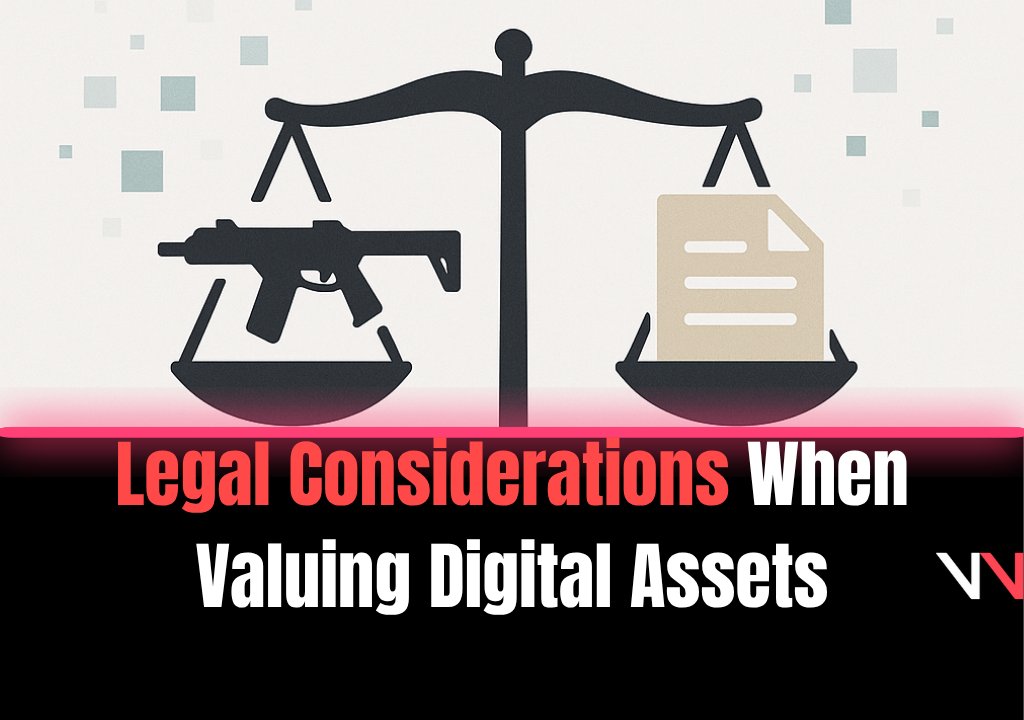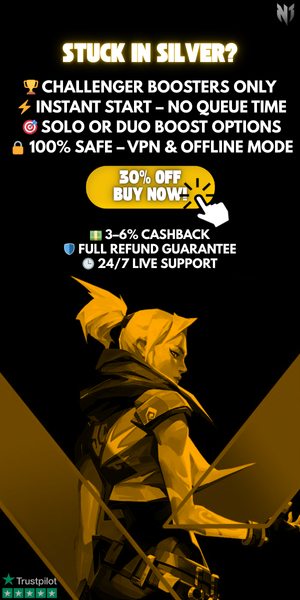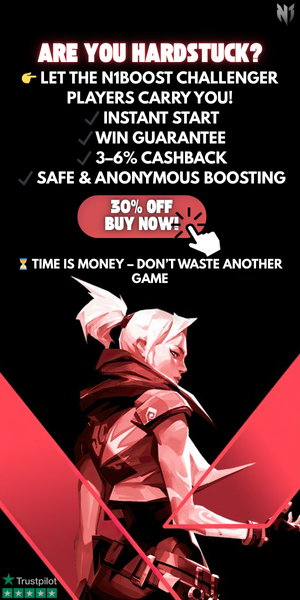Legal Considerations When Valuing Digital Assets in Valorant
Introduction
In Valorant, digital assets like skins, gun buddies, and player cards hold significant value for both players and collectors. While these in-game items contribute to the aesthetic appeal and overall experience of the game, legal considerations must be kept in mind when valuing digital assets. Whether you're buying, selling, or trading Valorant accounts, it's important to understand the legal landscape surrounding these transactions. This blog will discuss the legal aspects that come into play when assessing the value of Valorant’s digital assets, helping players and collectors navigate the complexities of ownership, trade, and resale.
What Are Digital Assets in Valorant?
Digital assets in Valorant refer to in-game items and cosmetics that are tied to a player’s account. These include weapon skins, gun buddies, player cards, and exclusive rewards. While these items don’t affect gameplay, they can hold significant monetary and sentimental value.
- Skins: Rare or exclusive skins are one of the most valuable digital assets in Valorant. Limited-edition skins or those tied to special events often carry higher prices.
- Cosmetics: Items like gun buddies or player cards contribute to the overall value of an account.
- Battle Pass Rewards: Cosmetics earned through the Battle Pass or special promotions can add to an account's total value, especially if they are exclusive to a particular season.
Legal Considerations When Valuing Digital Assets in Valorant
1. Ownership of Digital Assets
The most fundamental legal issue when valuing Valorant assets is ownership. According to Riot Games’ Terms of Service, players do not technically "own" their digital assets. Instead, they are granted a license to use them in-game. This is important when buying, selling, or transferring Valorant accounts because it means players do not have the same rights as they would over physical property.
- License vs. Ownership: The assets within Valorant are granted through a license, not ownership. This means that while players can buy and sell accounts, they do not have the right to fully "own" the skins or cosmetics.
- Terms of Service: Riot Games’ Terms of Service specifically prohibit the resale, trading, or transfer of Valorant accounts for monetary gain, except through authorized platforms and processes.
2. Resale and Transfer of Accounts
While it’s common for players to buy and sell Valorant accounts, this activity is against the Terms of Service of Riot Games. Trading or selling accounts for real-world currency is considered unauthorized by Riot, and violators may face penalties, including account bans.
- Legal Risk of Selling Accounts: Selling a Valorant account that contains rare or valuable digital assets can expose you to legal risks, including being banned from Valorant. The resale market for accounts is unregulated, and accounts that are sold for real-world currency can be flagged by Riot Games.
- Riot’s Policies: Riot Games has made it clear that trading accounts for cash or other digital assets is against their Terms of Service and may result in permanent penalties.
3. Marketplaces and Third-Party Platforms
There are several third-party platforms where Valorant accounts and digital assets are bought and sold. While these marketplaces might seem like legitimate venues for account transactions, using them comes with significant legal risks. Many of these platforms are unofficial, meaning that they are not endorsed or authorized by Riot Games.
- Unregulated Marketplaces: Transactions on unofficial platforms are not covered by Riot’s policies and protections, which means buyers and sellers have limited legal recourse if something goes wrong.
- Risk of Fraud: The lack of regulation means that buyers can easily fall victim to scams or fraud when purchasing Valorant accounts or digital assets from these platforms.
4. Licensing Agreements and Digital Goods Regulations
When you purchase Valorant skins or any other digital assets, you are entering into a licensing agreement with Riot Games. This agreement dictates how you can use the digital goods, including whether or not you can resell or trade them.
- Intellectual Property: Riot Games owns the intellectual property rights to all Valorant assets. This means they can control how assets are used, including prohibiting the resale or transfer of skins, even if you have spent money to acquire them.
- Consumer Protection Laws: In some regions, there may be consumer protection laws that provide buyers with certain rights related to digital goods. However, Valorant’s Terms of Service typically override these laws, especially in relation to account transfers or skin resale.
5. Tax Implications of Selling Digital Assets
If you decide to sell Valorant accounts or digital assets, you may face tax implications, depending on your location and the amount of money earned through the transaction. Many jurisdictions require individuals to report income from the sale of digital goods, including in-game assets.
- Taxable Income: In some regions, income earned from the sale of digital assets (like Valorant skins) is considered taxable. Be sure to check your local tax laws to determine whether you need to report any income generated from selling digital items.
- Riot’s Policy on Profits: According to Riot Games, any profits made from selling Valorant accounts or skins are considered a violation of their Terms of Service and can result in penalties.
How to Protect Yourself Legally When Dealing with Valorant Accounts
To avoid legal trouble when dealing with Valorant accounts and digital assets, consider these tips:
- Avoid Selling Accounts: Do not engage in buying or selling Valorant accounts for real money. This is a violation of Riot’s Terms of Service and could lead to account bans or other penalties.
- Stick to Authorized Channels: If you plan to purchase skins or cosmetics, do so through authorized and official channels such as the Valorant store or Riot-approved promotions.
- Understand Your Rights: Be aware that you do not own your Valorant skins. Instead, you have a license to use them, meaning you can’t sell or transfer them freely.
- Be Cautious with Third-Party Platforms: Avoid unregulated third-party platforms for buying or selling Valorant accounts or skins. These platforms may not provide legal protection, and you risk falling victim to scams.
Conclusion
When valuing Valorant accounts and digital assets, it’s essential to understand the legal considerations involved. While these assets hold real value for players, the legal ownership of in-game items remains with Riot Games. To protect yourself and ensure a smooth experience, always follow Riot Games' Terms of Service, avoid unauthorized transactions, and be cautious about the legal risks associated with buying, selling, or trading Valorant accounts.
Track Your Account’s Value with ValorantValue.com
To learn more about the value of your Valorant account and digital assets, visit ValorantValue.com. This platform helps you track and assess the worth of your skins, accounts, and other in-game items.
Tags
Jettor
Author



